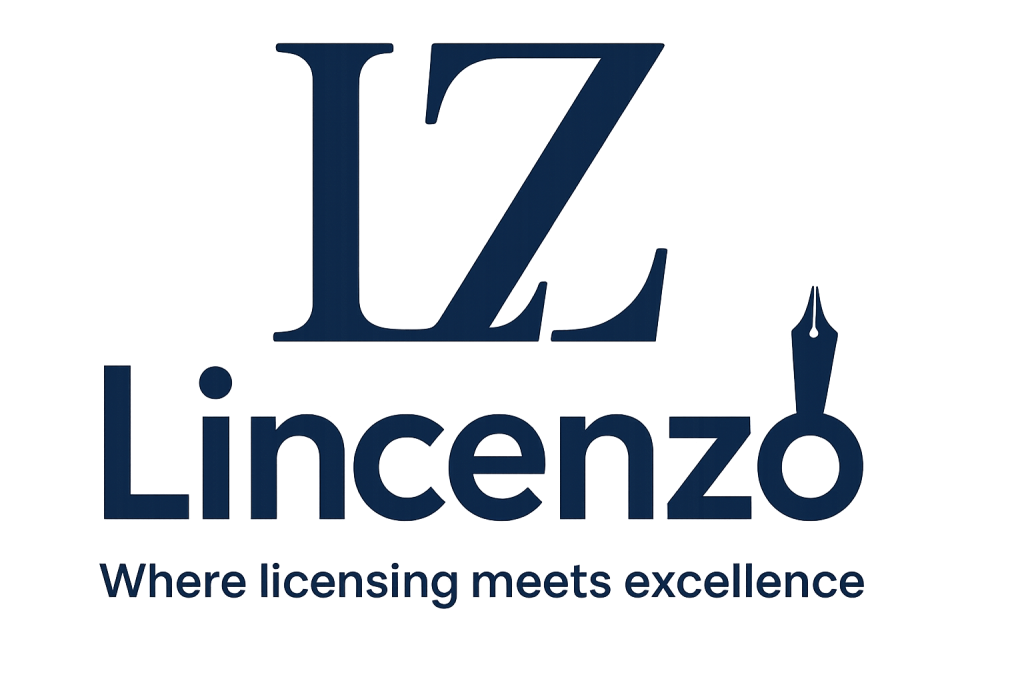

Trademark Objection/Reply in India
We provide expert support for handling trademark objections and filing replies, protecting your brand identity and ensuring smooth registration. Our team simplifies the process with complete guidance, documentation, and compliance support for hassle-free trademark protection.
What's Include

Rated at 4.9 By 43034 + Customers Globally
Certification & Licensing
Trademark
Startup
Income Tax
Compliance
Certification & Licensing
Trademark
Startup
Income Tax
Compliance
Certification & Licensing
Trademark
Startup
Income Tax
Compliance
Certification & Licensing
Trademark
Startup
Income Tax
Compliance
Your brand is more than just a name or logo; it represents your reputation, creativity, and market presence. But in today’s competitive world, others may challenge your trademark or file objections.
Responding to trademark objections gives you the legal right to protect your brand and ensures smooth registration. At Lincenzo, we help businesses, entrepreneurs, and brand owners file replies to objections quickly, accurately, and strategically so your brand stays protected and your business grows.
A trademark objection reply is a formal response submitted to the Trademark Registry when an objection is raised against your trademark application. It ensures that your brand can proceed toward registration without disputes. In India, trademarks are governed by the Trade Marks Act, 1999, and timely, accurate replies are essential to secure exclusive rights over your brand identity.
You can respond to objections related to:
• Similarity with existing trademarks
• Improper classification of goods/services
• Lack of distinctiveness
• Non-compliance with trademark rules.
• Other legal or procedural issues raised by the registry
What Cannot Be Overturned?
• Objections based on absolute grounds where the trademark is inherently non-registrable.
• Conflicts with well-established prior rights that cannot be legally challenged
• Trademarks that are inherently non-distinctive
• Generic words or common symbols
• Marks identical or confusingly similar to well-known existing trademarks
• Marks contrary to public policy or prohibited by law
• Marks that mislead or deceive the public
Don’t worry — if your objection reply is incomplete or missing any details, we’ll guide you step-by-step to prepare and file it quickly and accurately.
Responds to objections related to similarity with existing marks.
Addresses absolute grounds like lack of distinctiveness or generic terms.
Corrects errors or omissions in application forms.
Handles objections raised due to conflict with a recognized or famous trademark.
If your brand or business faces a trademark objection, responding promptly and correctly is essential to:
Maintain exclusive rights to use your brand.
Prevent others from registering or using a similar trademark.
Take action against infringement or unauthorized use.
A registered and uncontested trademark strengthens your business reputation.
License your brand or expand its market presence.
File internationally to protect your brand worldwide.
• Trademark application number and details of the objection
• Applicant’s name, address, and contact information
• Power of Attorney (if represented by an agent)
• Statement or reply addressing the objection grounds
• Supporting documents or evidence (e.g., proof of prior use, distinctiveness)
• Any legal opinions or clarifications required by the Trademark Registry
Expert Assistance for Drafting & Filing Responses – Fast, Clear & Reliable.
A registered trademark in India is valid for 10 years from the date of registration and can be renewed indefinitely in 10-year periods.
| Stage | Description | Action Required | Timeline (approx.) |
|---|---|---|---|
| 1. Filing | Trademark application is filed with the Registrar. | Submit application with required documents and fees. | 1-2 days |
| 2. Examination | Examiner reviews the application for compliance and potential conflicts. | Wait for examination report; may receive an objection. | 1-4 months |
| 3. Objection | If issues are found, an examination report is issued citing reasons for objection. | Analyze the objection grounds (e.g., similarity, descriptiveness, lack of distinctiveness). | – |
| 4. Reply to Objection | A written response (with supporting documents and legal arguments) must be filed. | Draft and submit a counter-statement/reply to the Registrar. | 1 month (from objection date) |
| 5. Hearing (if needed) | If the examiner is not satisfied with the reply, a hearing may be scheduled. | Attend hearing and present arguments personally or through a trademark attorney. | Variable |
| 6. Acceptance/Refusal | Based on the reply and hearing, the trademark is accepted or refused. | If accepted, it proceeds to publication; if refused, appeal can be made. | – |
Download your free legal guide Now
Feel free to ask any query
At Lincenzo we understand our responsibility
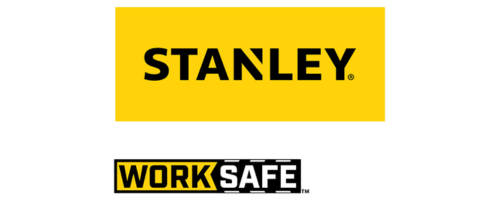
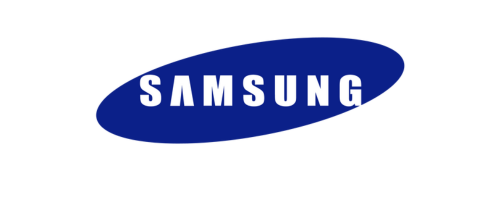
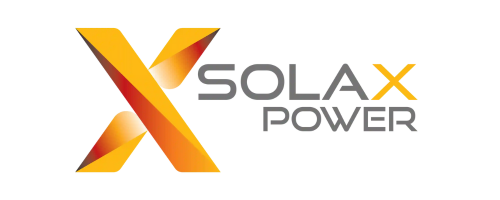
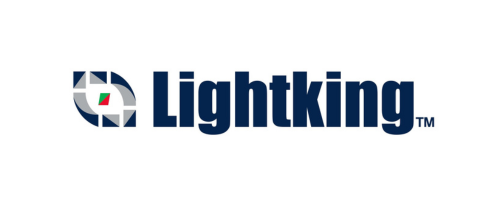

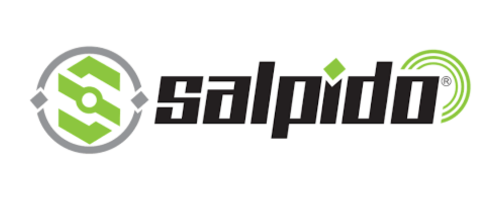
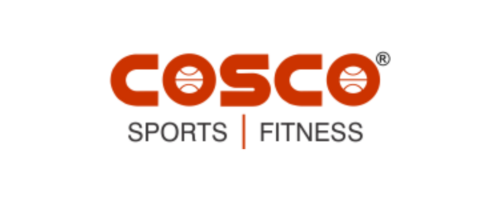





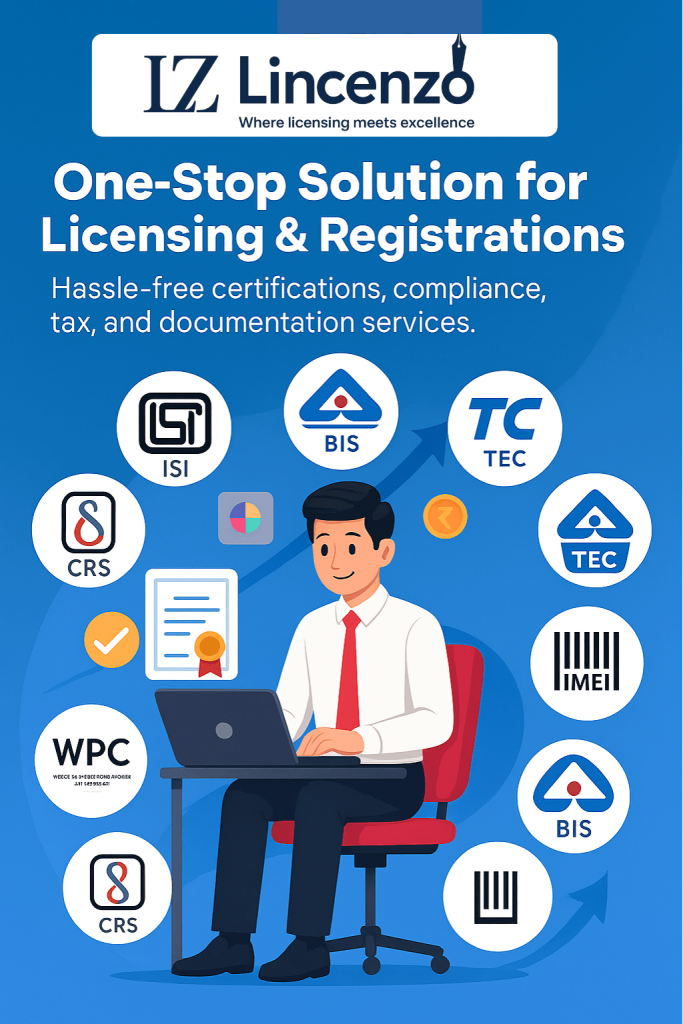
Rated at 4.9 By 43034 + Customers Globally